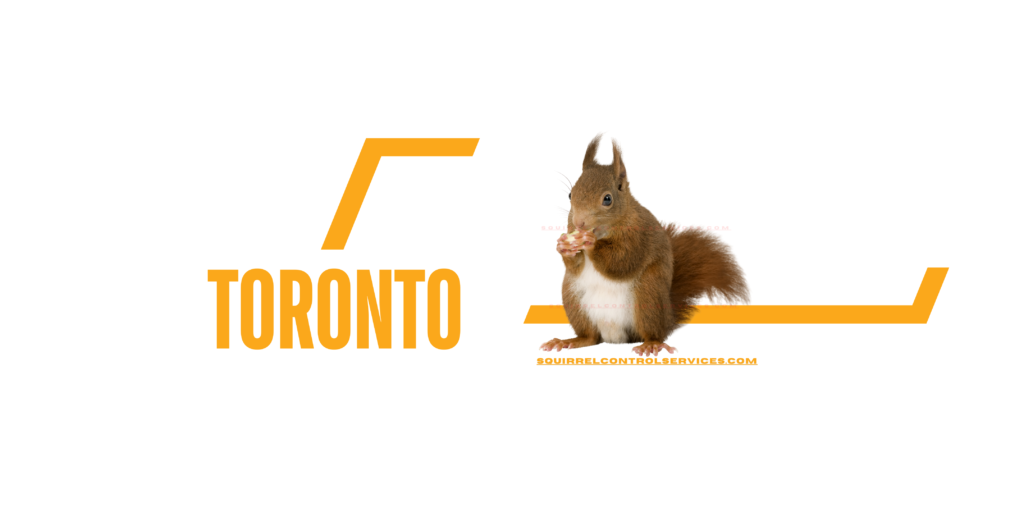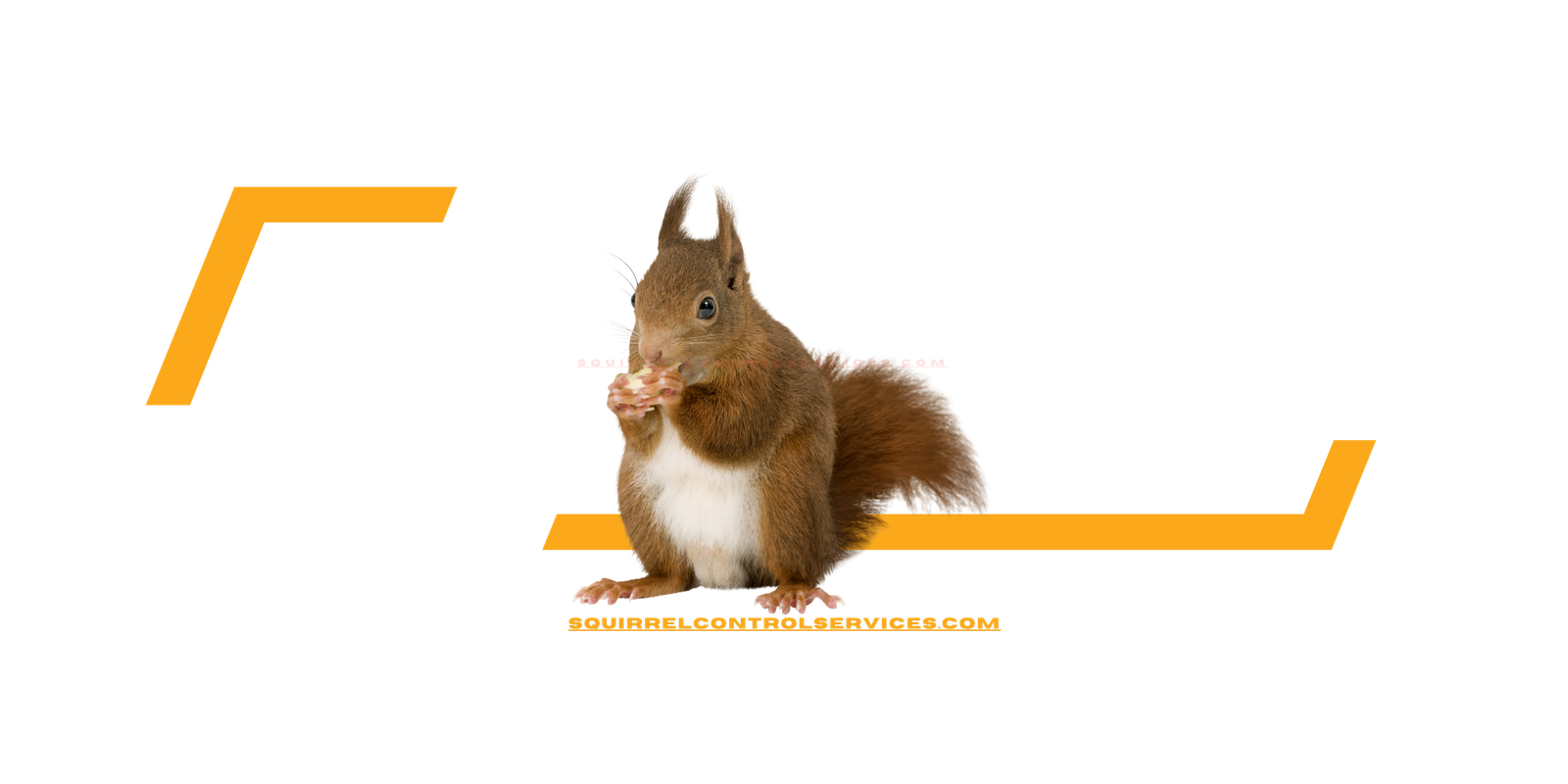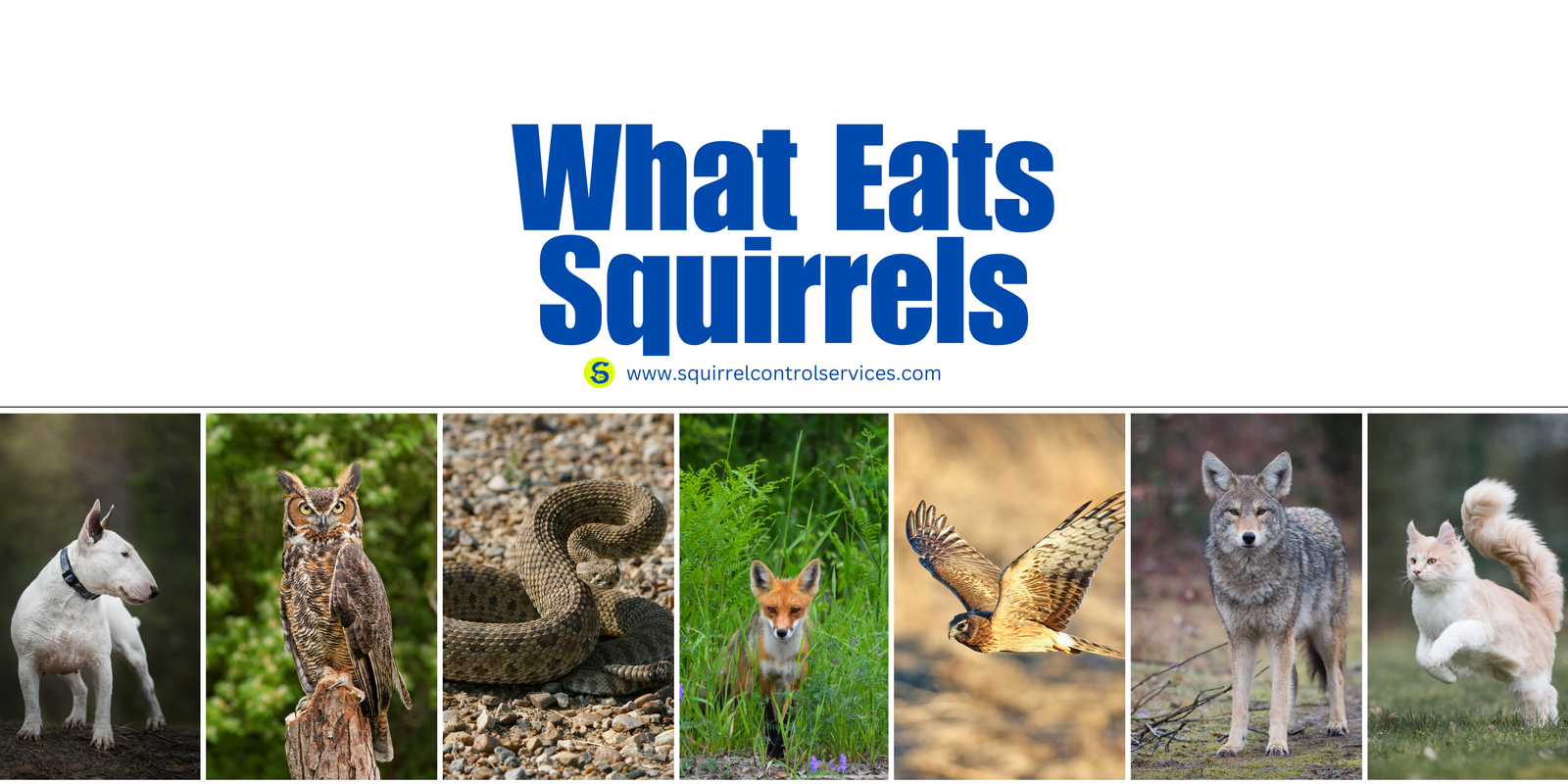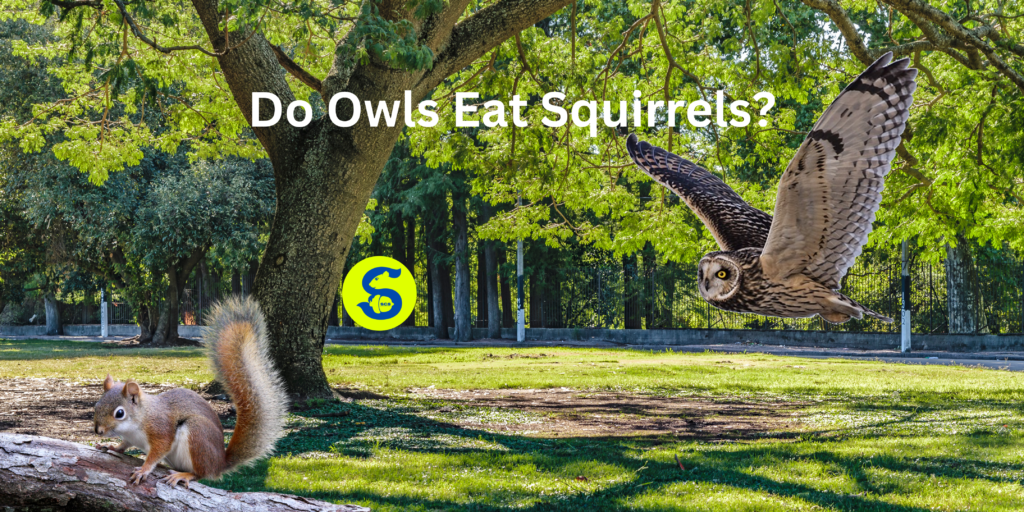What Eats Squirrels in Ontario
Squirrels, those nimble and agile creatures we often see darting up trees and across power lines, are integral to our natural ecosystems. However, like all animals, squirrels are part of a complex food chain. Various predators rely on squirrels as a vital source of nutrition, helping to maintain the balance in their respective ecosystems. In this article, we delve into the primary predators of squirrels, offering an in-depth understanding of the dynamics that govern these interactions.
- Squirrels: Birds of Prey
- Birds of Prey: Hawks
- Birds of Prey: Owls
- Squirrels: Mammalian Predators
- Mammalian Predators: Foxes
- Mammalian Predators: Coyotes
- Squirrels: Reptilian Threats
- Reptilian Threats: Snakes
- Squirrels: Domestic Pets
- Domestic Pets: Cats
- Domestic Pets: Dogs
Squirrel Predators in the Wild
Birds of Prey
Birds of prey, particularly hawks and owls, are among the most significant natural predators of squirrels. These raptors possess sharp talons, keen eyesight, and powerful beaks, making them well-equipped to hunt squirrels.
Hawks
Hawks, such as the Red-tailed Hawk, are often seen circling high above forests and open fields, scanning the ground for movement. With their incredible vision, they can spot a squirrel from great distances. Once a target is identified, hawks dive at remarkable speeds, using their sharp talons to snatch the squirrel from the ground or even mid-tree.

Owls
Owls, on the other hand, are nocturnal hunters. Species like the Great Horned Owl are known to prey on squirrels at night, taking advantage of their silent flight and acute hearing. Owls are particularly effective in dense forests where they can use the cover of darkness to ambush squirrels that are active at dusk or dawn.
Mammalian Predators
Squirrels are also hunted by various mammals, ranging from domestic pets to wild carnivores. These predators often rely on stealth and surprise to catch their prey.
Foxes
Foxes, particularly the Red Fox, are agile and cunning hunters. They use their keen sense of smell to track squirrels, often waiting near known squirrel habitats such as nests or feeding grounds. Foxes typically hunt during early morning or late evening, taking advantage of the low light to conceal their approach.
Coyotes
Coyotes are opportunistic feeders and will not pass up a chance to hunt a squirrel. Although they are primarily scavengers, coyotes are capable of catching live prey, especially when food is scarce. They use their speed and endurance to chase down squirrels, particularly in open terrains where the squirrel has fewer places to hide.
Reptilian Threats
In some regions, squirrels also face threats from reptiles, particularly snakes.
Snakes
Large constrictors like the Eastern Diamondback Rattlesnake or the Pine Snake are known to prey on squirrels. These snakes use their camouflaged bodies to blend into the forest floor, lying in wait near burrows or nests. Once within striking distance, the snake delivers a quick and often lethal bite, subsequently constricting the squirrel until it is subdued.
Domestic Pets
It’s not uncommon for domestic cats and dogs to prey on squirrels, especially in suburban areas.
Cats
Cats are natural hunters and are known for their ability to catch birds, rodents, and squirrels. A cat’s stalking behavior, combined with its agility, makes it a formidable predator of young or inexperienced squirrels.
Dogs
While dogs are less stealthy than cats, they are still capable of catching squirrels, particularly when the animals are on the ground. Breeds with a strong prey drive, such as Terriers, are especially adept at hunting small mammals like squirrels.
The Role of Predation in Squirrel Population Control
Predation pressure is a natural and necessary aspect of the ecosystem. It plays a crucial role in regulating squirrel populations and preventing overpopulation, which can lead to food scarcity and increased disease transmission. By maintaining a balance, predators help ensure that the squirrel population remains healthy and sustainable.
Defensive Strategies of Squirrels
Squirrels are not defenseless against their predators. They have evolved several strategies to evade capture, ensuring their survival in the wild.
Vigilance and Speed
One of the primary defenses of squirrels is their vigilance. Squirrels are constantly on the lookout for potential threats. Their keen sense of hearing and sight allows them to detect predators from a distance. Once a threat is identified, squirrels rely on their speed and agility to escape, often zigzagging through trees and underbrush to confuse their pursuer.
Camouflage and Habitat Use
Squirrels use their environment to their advantage. Their gray or brown fur provides excellent camouflage against the bark of trees, making them harder to spot by predators. Additionally, squirrels build their nests, known as dreys, high in trees or inside hollow trunks, offering protection from ground-based predators.
Alarm Calls
Squirrels communicate with each other using a series of vocalizations and tail signals. When a predator is nearby, squirrels will emit a series of sharp, high-pitched alarm calls, warning others of the danger. This behavior not only protects the individual squirrel but also the broader community.
Squirrel Predators
- Squirrels: Birds of Prey
- Birds of Prey: Hawks
- Birds of Prey: Owls
- Squirrels: Mammalian Predators
- Mammalian Predators: Foxes
- Mammalian Predators: Coyotes
- Squirrels: Reptilian Threats
- Reptilian Threats: Snakes
- Squirrels: Domestic Pets
- Domestic Pets: Cats
- Domestic Pets: Dogs
Conclusion
Understanding the natural predators of squirrels offers valuable insights into the delicate balance of our ecosystems. These predators play a crucial role in maintaining squirrel populations, ensuring that these energetic creatures continue to thrive in their natural habitats. Whether it’s the sharp eyes of a hawk or the stealth of a fox, each predator contributes to the complex web of life that sustains our forests and green spaces.



